Quick Guides and Handouts
Page Overview
The following sections provide worksheets and handouts on a variety of topics:
- Process Writing
- Argumentation
- Flow & Organization
- Evidence & Citations
- Grammar
Process Writing

The Writing Process
Writing happens in four key phases: brainstorming, drafting, revising, and editing. Read our quick guide to the process.
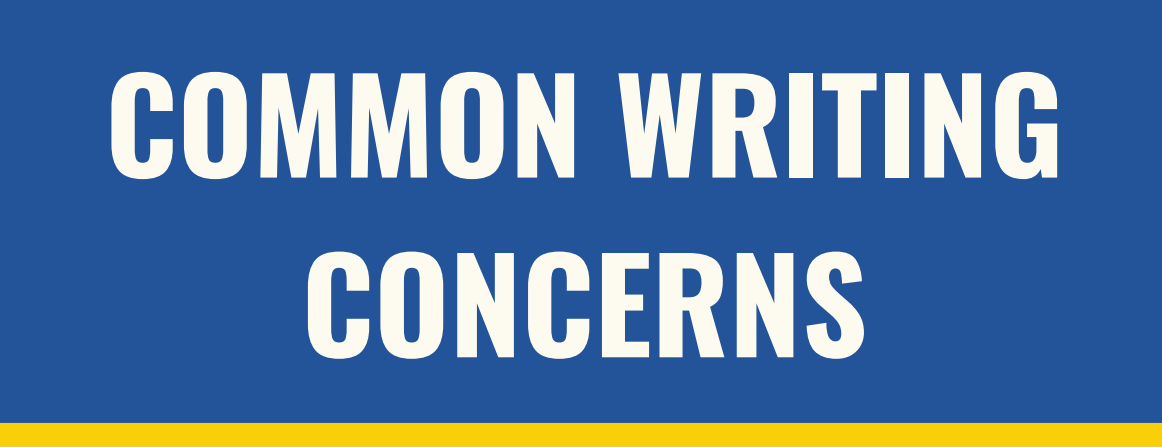
Common Writing Concerns
You don’t know what you don’t know. Many aspects of writing are often overlooked when revising, like over use of passive voice. Read our handout on common concerns.

Effective Writing Tips
Writing can be slow and unproductive, especially in the face of looming deadlines. Learn about how to write more effectively in our quick advice guide.
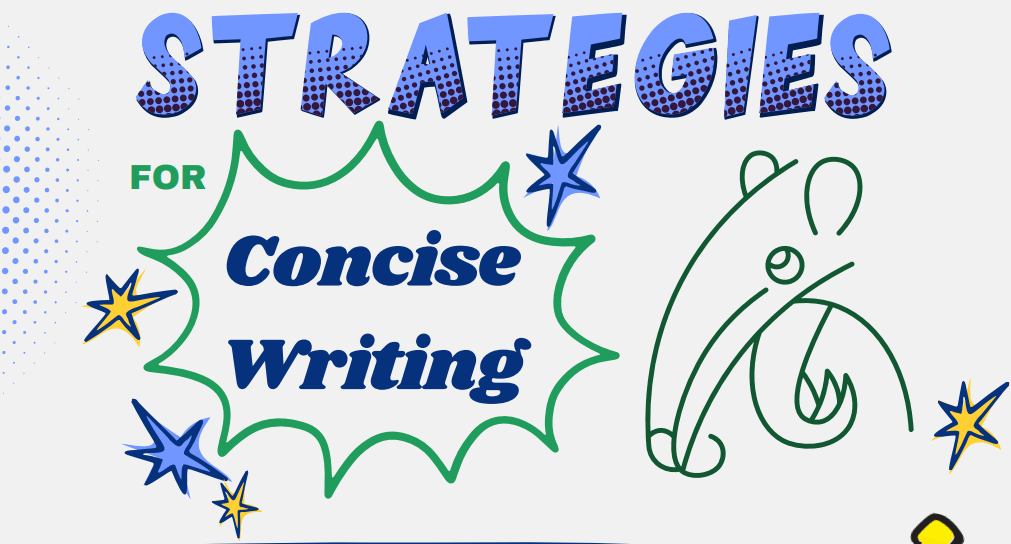
Strategies for Concise Writing
Expressing what you mean directly and clearly can be a challenge. View our handout on concise writing.

Developing Confidence Through Growth Mindset
Growth mindset is the belief that our qualities and
capacities to learn/grow are something we cultivate over
time through our efforts, strategies, and help from
others. Learn about growth mindset.

Creating Sustainable Writing Habits
While we all know writing last-minute is often stressful, unproductive, and results in lower-quality writing, how can we write more consistently? Learn about sustainable writing habits.
Argumentation

Summary vs. Analysis
Sometimes when we’re writing a thesis-driven essay, it can be hard to tell if what we’re writing is really analysis or summary. Check out this chart to improve your analysis and summary skills.

Effective Thesis Statement
Writing a thesis statement is often the most difficult and most important part of argumentative writing. Learn some quick tips.

Thesis Statements for Research Essays and Literary Analyses
Specific assignments call for specific thesis statements; knowing what points to include for a thesis in a research essay or a literary analysis is challenging. Read this quick guide to creating these types of thesis statements!

Writing Effective Conclusions
Conclusions help us offer closure to readers as we offer our final thoughts and significance about a topic. Read this quick guide on conclusions!
Flow & Organization

Writing Strong Titles
Titles engage our readers by informing what our work will be about, clarifying the relevance of our work for others’ research, compelling their curiosity and interest in our work. Read our writing strong titles handout!

Connecting Topic Sentences & Thesis Statements
In order to have our writing be as clear as possible, our topic sentences must be specific, purposeful, and connected to our thesis. Read more about connecting these elements.
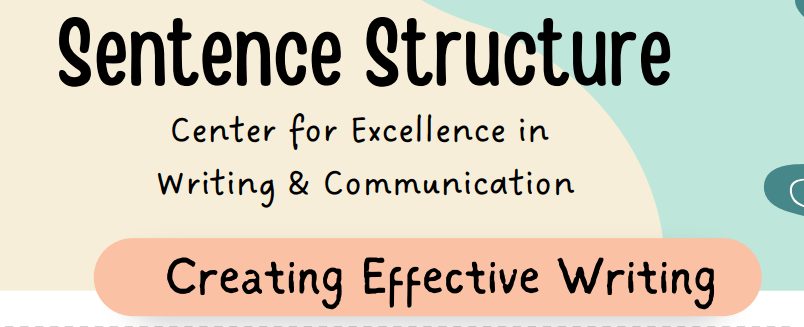
Sentence Structure
Striking a balance between different sentence types is an effective way to create interesting, compelling writing in our papers. Learn how to vary your sentences.

Passive vs. Active Voice
Active voice is usually the most effective way to communicate our ideas in most writing because the main idea is clearer and more direct. Discover more about these two styles.
Evidence & Citations
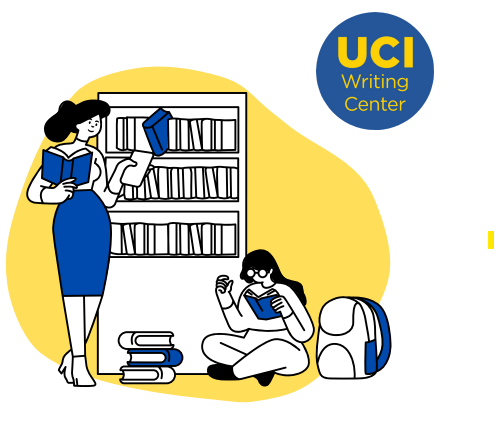
Paraphrasing vs. Summarizing vs. Using Quotations
Paraphrasing, summarizing, and using quotes are all
ways of integrating external source material into your essay. Review these three fundamental skills.

Synthesis & Making Connections for Strong Analysis
One way to think of synthesis is making meaningful, thoughtful connections between your sources or perspectives on a topic. Learn about synthesis and how to improve making connections.
Grammar
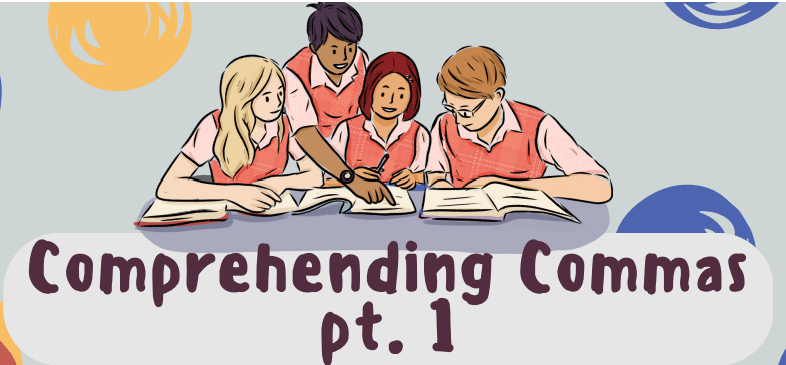
Comprehending Commas
Commas are valuable punctuation used to separate elements of a sentence and add clarity to your ideas. View our comma guide.

Prepositions
Prepositions are words or clauses preceding nouns, noun phrases, or pronouns to show time, direction, place/location, and spatial relationships within a sentence. View our prepositions handout.

Tenses in Academic Writing
Let’s take a closer look at the three common tenses to
understand when we should use them. View our tenses guide.
